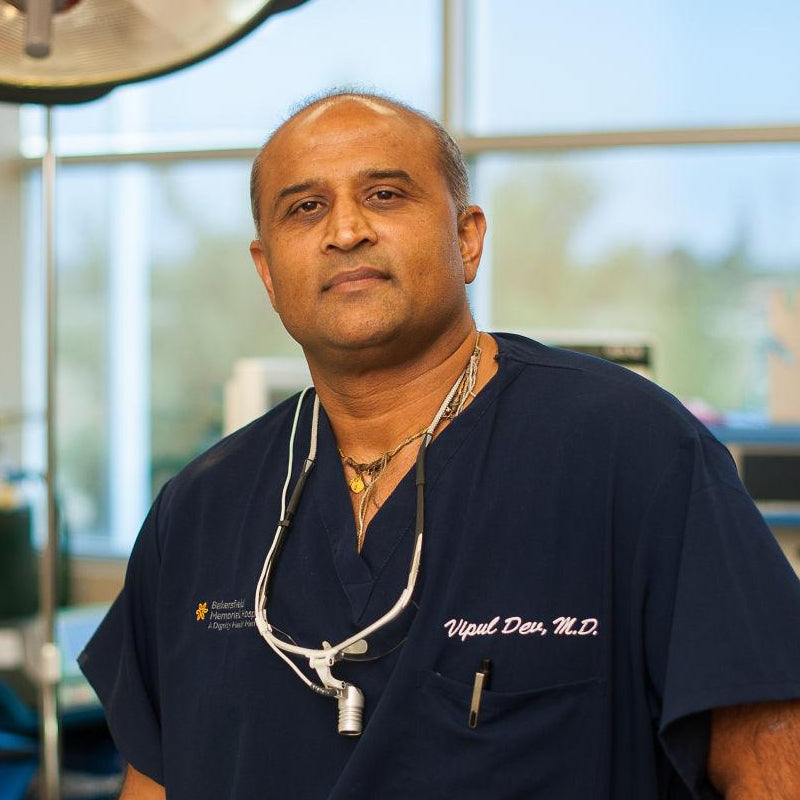Interview with Dr. Biscoe - Natural Skin Cream

Credit: Dr. Ashley Biscoe, ND
Q: Please tell us a little bit about yourself. What is your background and experience in functional medicine and natural skincare?
A: When I was 19, I struggled with severe acne and my dermatologist at the time prescribed a 3-month course of antibiotics and steroids (this was before I knew anything about natural treatment for acne). I had a terrible reaction to the medication and became very sick. The acne went away but returned quickly with a vengeance. Shortly after that, I experienced an array of symptoms including headaches, digestive problems, strange rashes, heart palpitations, sugar cravings and fatigue. I was miserable and at times I thought I was dying.
Over the next 7 years I would see many doctors who told me the same thing, that there was nothing wrong with me. My basic labs were normal so visits were inconclusive: they could not diagnose my conditions or offer any treatments. I felt hopeless as my symptoms continued to get worse. I was angry and frustrated that I wasn’t getting the help or care I so desperately needed. But I was desperate to get well and began researching to learn everything I could about illness and healing. I wanted to find out why I had become so sick, seemingly out of nowhere.
I discovered that the antibiotics caused imbalances in my gut and, combined with my sugary diet, poor sleep habits and stress, this was likely responsible for my health problems. I was fortunate to find a great medical doctor who practiced integrative medicine. Under his care and through the use of natural acne care treatments, I gradually reclaimed my health.
During this time, I was amazed and encouraged to learn that most illnesses can be prevented and that the body can heal itself. I made the necessary changes to my lifestyle and became a health enthusiast. I turned to natural acne care products instead of antibiotics and harsh chemicals. I also left my former career in research because I felt a strong calling to pursue naturopathic medicine as my profession. It became my mission to help others who had fallen through the medical cracks like I did.
Q: I understand as a naturopathic doctor you treat holistically. What do you typically address first?
A: I’ve learned that most illness (especially “unexplained” illness) boils down to infections, toxicities, and/or emotional stress or trauma. Of course, the food we eat also plays a major role in our health, but I’ve learned that it’s only one piece of the puzzle. The first things I recommend to my patients is that they remove inflammatory foods from their diet, and that they invest in a good water filter and air purifier. I also advise them to change their personal care and cleaning products so that they can reduce their exposure to harmful chemicals and metals. There are some great natural skin cream products available that can help heal your skin without damaging chemicals. I do a lot of advanced functional medicine lab testing to find out what’s happening at a deep level, but these simple changes in diet and reducing toxic exposures are the “low hanging fruit” that anyone can start implementing right away.
Q: In your experience, what skin conditions do you see most often?
A: We most often see acne, eczema, psoriasis and hidradenitis suppurativa. These conditions often overlap within the same patient. Many times natural skin cream products are great to battle these skin conditions, especially for individuals with more than one.
Q: When and how did you learn about medical grade Manuka honey for natural healing?
A: I first learned about medical grade Manuka honey during my naturopathic medical training. There are so many published research studies about the healing benefits of honey – both internally and externally! Manuka honey is a great natural therapy for acne, and helps to naturally heal the sensitive skin.
Q: How do you use medical honey on patients? And, in your experience, which conditions heal or benefit from Manuka honey the most?
A: We use medical honey most frequently for our patients seeking hidradenitis suppurativa natural treatments. It’s a chronic inflammatory skin condition that involves very painful, deep-seated cysts and boils. The pain can be extreme and the lesions can linger for months or years without healing. We also recommend natural skin cream with medical honey as a staple that should be in everyone’s first-aid kit at home. We’ve seen it resolve cuts, scrapes, puncture wounds and rashes within a very short time! I also feel that medical honey is a “must” to support the healing of surgical wounds and reduce the risk of infection.
Q: You’ve mentioned that Hidradenitis Suppurativa (HS) is a big area of expertise in your clinical practice -- how common is this condition and what are some of your preferred hidradenitis suppurativa natural treatments?
A: HS is more common than many people realize. It’s been estimated to affect about 4% of all people worldwide, but I believe it’s more common than that. There is so much shame, embarrassment, secrecy, and misdiagnosis when it comes to HS. When treating HS in our practice, we always address insulin resistance, nutritional deficiencies, intestinal infections (especially yeast overgrowth such as Candida), and toxic environmental mold.
We often refer patients for counseling as well, because living with HS can be traumatic and painful in so many ways. Our favorite way to support the healing of the skin is with natural skin cream with medical honey. We are constantly amazed at how quickly the honey relieves pain. Patients have gone from a 10/10 pain level to ZERO pain within a matter of days. Some of our patients have been able to avoid skin surgery because the natural skin cream with medical grade Manuka honey helped to heal their skin so well.
Q: How do you feel about topical antibiotics?
A: I am not a fan of topical antibiotics. At their best, they can provide temporary relief; at their worst, they breed antibiotic resistance and compromise the cutaneous (skin) immune system.
Among our patients, we’ve found that topical antibiotics work for a while, but they eventually stop working or cause “rebound” inflammation. For those struggling with acne, there are much safer natural treatments for acne available now instead. For HS specifically, there is a huge correlation with fungus, and antibiotics promote the overgrowth of fungus by killing the healthy bacteria that would normally keep it in check. Many of our patients have experienced a worsening of their disease after topical or oral antibiotics.
Q: How do you treat a skin infection (or other skin condition) without antibiotics?
A: First and foremost we have to respect and support the immune system, because that is what defends us from infection. Simple things like avoiding refined sugar and optimizing nutrient levels can truly strengthen the immune response. Sometimes antibiotics are appropriate and even life-saving, but we have great success in our practice using Botanicals, natural acne care medicines, and medical grade honey that have proven activity against various microbes and their biofilms. There is a direct connection between intestinal health and skin health, so we’re always addressing gut infections and removing toxicities whenever we’re treating any sort of skin condition.
Q: What are your go-to natural solutions?
A: There are too many to name! As a naturopathic doctor, I have so many tools at my disposal. At the top of my list would be supporting emotional health and stress resilience. Good nutrition, vitamin D3 and magnesium are so important. My philosophy is that the body is designed to heal itself, and our job is to remove anything that’s getting in the way of that healing process (stress, negativity, infections, toxins, etc.), and to replenish anything that’s lacking (nutrients, joy, etc.). The herbs, supplements, or natural therapies that we use are simply the tools to facilitate and support the body’s own intelligent self-healing process. But sometimes healing takes time, and we can use non-toxic, non-invasive things like medical grade Manuka honey, natural skin cream, or certain botanicals to provide relief quickly. At our clinic, we tailor our recommendations for each patient.


